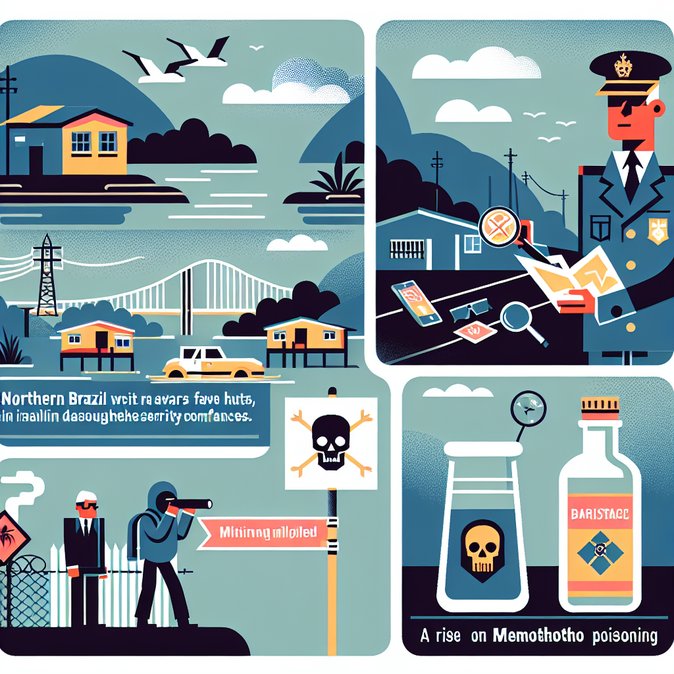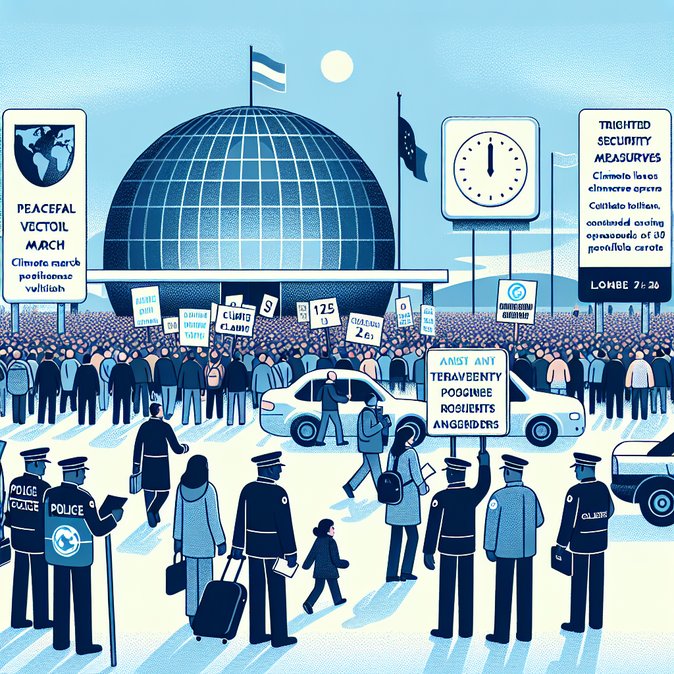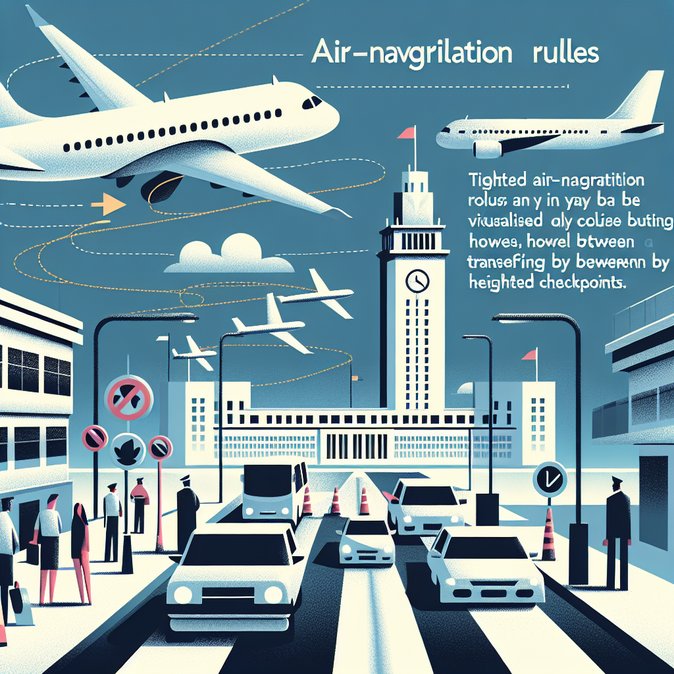
The UK Foreign, Commonwealth and Development Office (FCDO) re-validated its Brazil travel advice on 16 November, leaving the status unchanged but confirming that previous warnings remain in force. The advisory continues to caution against all but essential travel to parts of Amazonas State, specifically stretches of the Amazon, Itaquaí, Japurá and Rio Negro rivers, where security forces have limited control.
The latest notice reiterates “Level 4 – Do Not Travel” guidance for informal housing developments (favelas) and satellite cities around Brasília after several kidnap-for-ransom incidents involving foreign visitors earlier this year. It also flags new information on methanol poisoning, mirroring alerts from Australian and Canadian counterparts.
![UK FCDO Re-Issues Brazil Guidance, Notes Methanol Risk and Amazon River Restrictions]()
For British corporates sending executives to COP30 or to Brazil’s industrial hubs, the advisory underscores persistent crime risks and the importance of vetted ground transport. Employers should ensure travellers enrol in consular alert systems and build in extra time for domestic flight connections, particularly through São Paulo-Guarulhos and Rio’s Santos Dumont, where security screening queues lengthen during major events.
Although the FCDO did not raise the overall threat level, the “still-current” validation serves as a timely reminder to review insurance coverages, crisis-response plans and the need for bilingual on-the-ground support. Mobility managers should also note that the UK currently requires proof-of-funds and onward tickets for Brazilians entering the UK, a reciprocity measure that may become a diplomatic issue as Brazil reassesses visa policies for G20 partners in 2026.
The latest notice reiterates “Level 4 – Do Not Travel” guidance for informal housing developments (favelas) and satellite cities around Brasília after several kidnap-for-ransom incidents involving foreign visitors earlier this year. It also flags new information on methanol poisoning, mirroring alerts from Australian and Canadian counterparts.

For British corporates sending executives to COP30 or to Brazil’s industrial hubs, the advisory underscores persistent crime risks and the importance of vetted ground transport. Employers should ensure travellers enrol in consular alert systems and build in extra time for domestic flight connections, particularly through São Paulo-Guarulhos and Rio’s Santos Dumont, where security screening queues lengthen during major events.
Although the FCDO did not raise the overall threat level, the “still-current” validation serves as a timely reminder to review insurance coverages, crisis-response plans and the need for bilingual on-the-ground support. Mobility managers should also note that the UK currently requires proof-of-funds and onward tickets for Brazilians entering the UK, a reciprocity measure that may become a diplomatic issue as Brazil reassesses visa policies for G20 partners in 2026.


